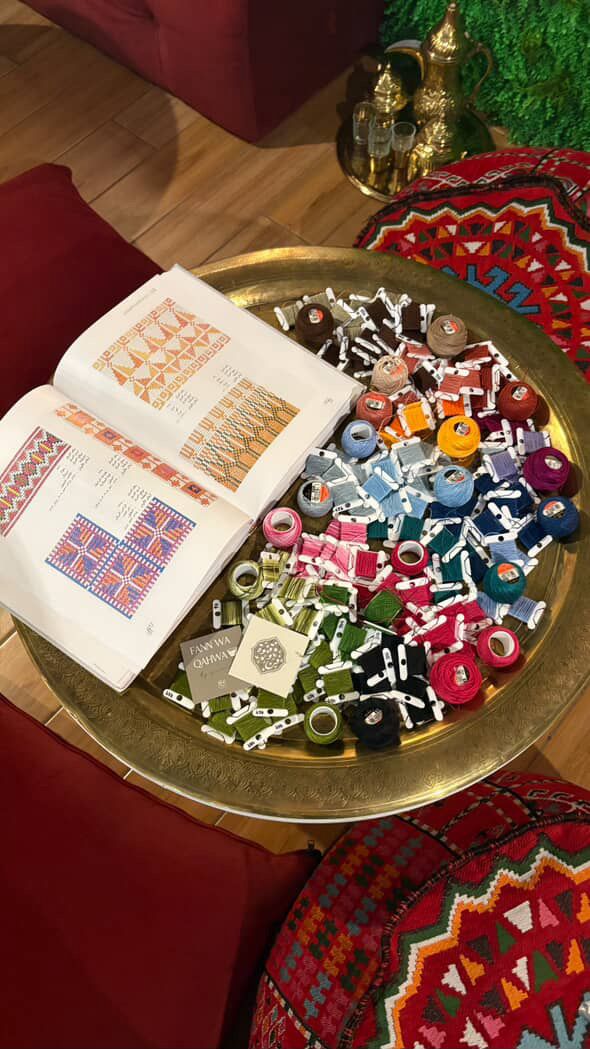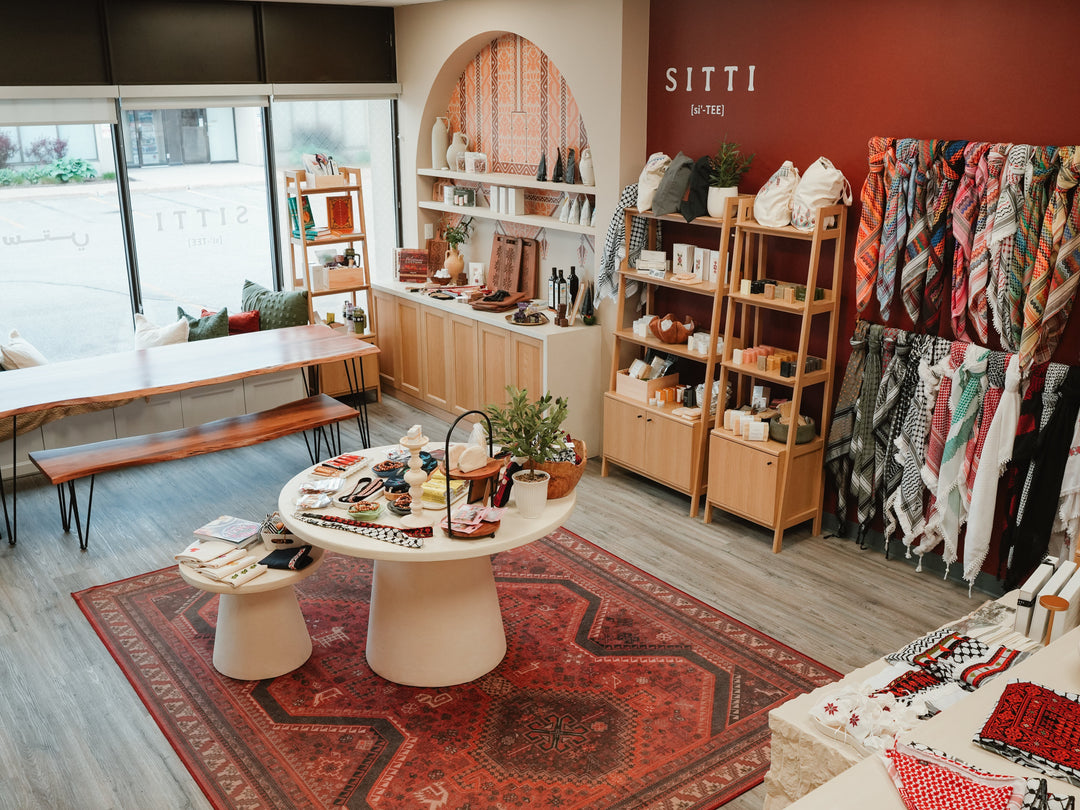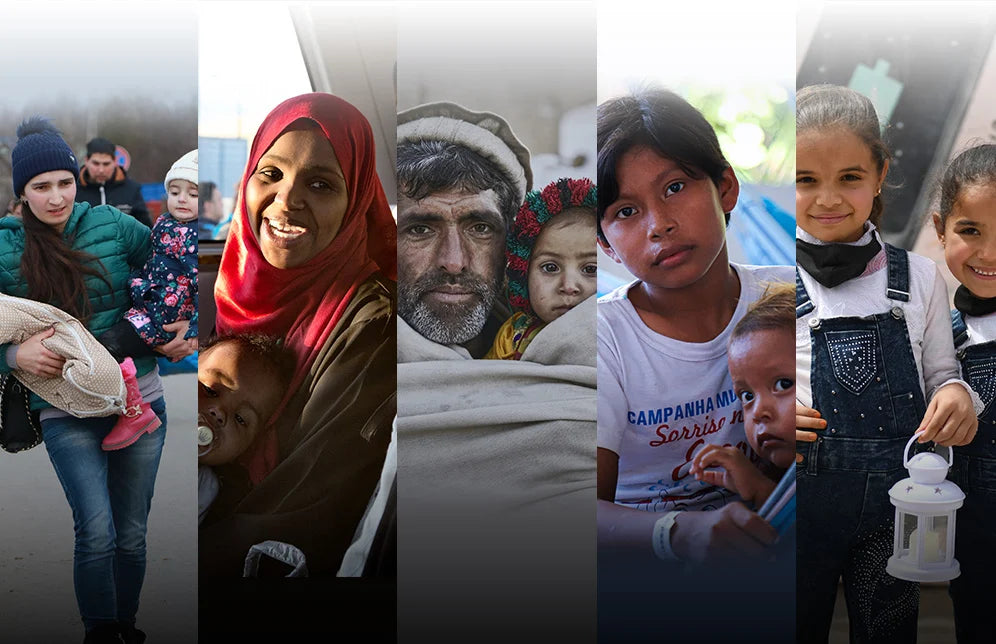Sips with Sitti: S2 E4: "Gender and Self-Reliance in the Refugee Community" w/ guest Dale Buscher of WRC!

With the participation of the special guest: Dale Buscher, Vice President of Programs for the Women's Refugee Commission. Dale oversees WRC's programs: gender and social inclusion; economic empowerment and self-reliance; sexual and reproductive health; and migrant rights and justice.
“All of our program areas actually started based on the expressed needs of refugee and internally displaced populations so you know we have this practice of going out and doing assessments around the world and really listening and really trying to engage a diverse group of refugees.” - Dale Buscher on the Women's Refugee Commission importance of evaluating on-ground needs from a big organizational perspective.
“[We] try to learn from them what their priorities are and what their proposed solutions are and so all of our programs have started from those kinds of assessments, like “what’s missing, what are those gaps?” and we’ve really tried to then regroup and say “how can we add value how can we contribute to addressing that gap” - Dale Buscher on the WRC’s process of assisting refugee communities most efficiently.
“I would go around the world and it didn’t matter which project i was doing research or an assessment on, refugees continually said to me “We need jobs. We need to make money. If we have those things, we can take care of the rest.” - Dale Buscher speaks to why the WRC self-reliance initiative was born.
“We wanted to ensure anything we were doing was really making an impact and a lot of small businesses don’t necessarily have the capacity to create their own measurement tools…so for us we were searching for this magic tool somewhere that was in the ether and it really was a serendipitous moment when we came across the RSRI and what you guys were doing” - Jackie speaks about implementing the RSRI (Refugee self-reliance initiative) at SITTI.
“For us, we wanted to measure everything. We didn’t want to measure just how many hours of work were we creating or how many jobs were we creating, that wasn’t the point of SITTI. The point was to create self-reliance.” - Jackie on SITTI’s mission of self-reliance.
“We wanted to create long-term job opportunities where the community, the women we were working and the artisans we were working with, they were receiving a regular monthly wage that they could rely on that was the same amount every month and they knew was coming into their pockets.” - Jackie explains why SITTI’s employment system is more than just pay-per-product but rather regular income.
“What we were trying to capture with the index is it’s not enough to know if mom or dad has a job. We want to know how is that money benfitting the household and improving the well-being of that household. Does that mean their children are more likely to be in school, more likely to access healthcare when they need it, three meals a day, is it leading to a more adequate apartment or shelter. Those were the kinds of things we wanted to learn.” - Dale Buscher describes the overall mission of the RSRI.
“The unique thing about the self-reliance index is its not a series of questions per se its a conversation.; so the idea is you put the refugee at the centre of that conversation and learn from them about how they believe they’re doing. “ Dale Buscher explains why the RSRI is different from other surveys refugees are used to.
“What happens is they’re offering band-aid solutions - I remember being in the camp and visiting one of the women’s homes and she was like come I want to show you something, takes me to her closet, opens the closet and she literally had like 50 warm blankets. I’m like oh what’s this and she’s like every year they give out a blanket and she’s like I don’t want anymore blankets.” - Noora highlights how unsustainable band-aid solutions don’t address issues at the core or truly help the refugee community.






Leave a comment